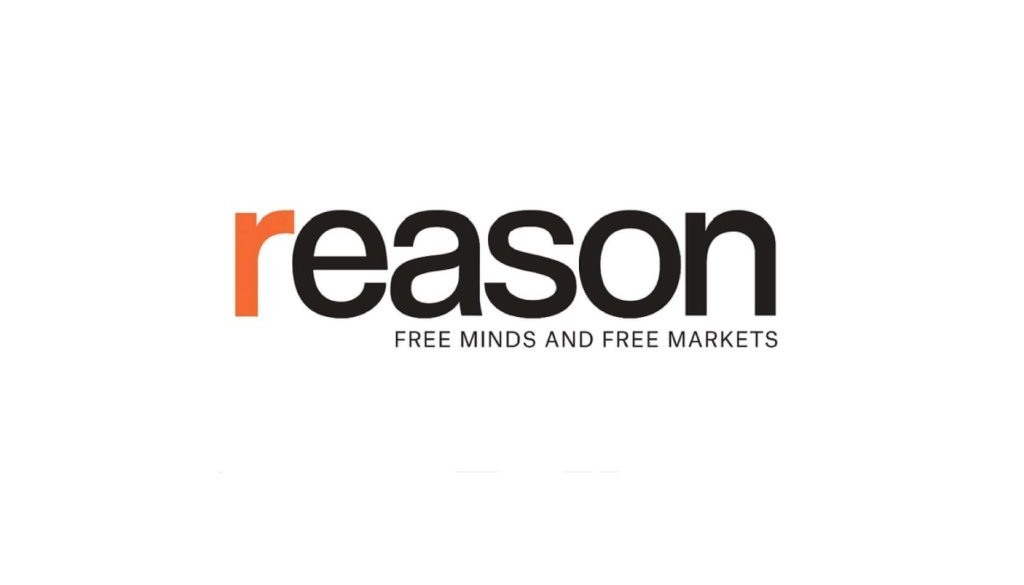Why Is Paramount So Keen To Settle Trump’s Laughable Lawsuit Against CBS?
Paramount, which owns CBS, is reportedly trying to settle a laughable lawsuit that Donald Trump filed last October based on a 60 Minutes interview with Kamala Harris, his Democratic opponent in the 2024 presidential election. The New York Times reports that the company started settlement negotiations because it is keen to avoid regulatory obstacles to its planned merger with Skydance Media.
Paramount’s openness to a settlement represents quite a turnaround from the position that CBS took after Trump filed his lawsuit. “The lawsuit Trump has brought today against CBS is completely without merit,” the network said then, “and we will vigorously defend against it.” The striking change illustrates the pressure that a president can exert against news outlets that annoy him—a reality that is especially troubling when the White House is occupied by someone determined to “straighten out the press.” Although that mission is blatantly inconsistent with the First Amendment, Trump can pursue it indirectly by deploying executive power in service of his personal vendettas.
After Trump sued CBS, the Times notes, “many legal experts dismissed the litigation as a far-fetched attempt to punish an out-of-favor news outlet.” That is arguably a charitable description of Trump’s lawsuit, which avers that CBS violated a Texas consumer fraud statute by editing the interview with Harris in a way that made her seem slightly more cogent. His invocation of that law is patently frivolous. So is Trump’s risible claim that the editing cost him “at least” $10 billion in damages.
During the interview, 60 Minutes correspondent Bill Whitaker asked Harris about Israeli Prime Minister Benjamin Netanyahu’s response to the Biden administration’s concerns regarding the war in Gaza. An October 6 preview of the interview on Face the Nation included this part of her response: “Well, Bill, the work that we have done has resulted in several movements in that region by Israel that were very much prompted by
or a result of many things, including our advocacy for what needs to happen in the region.” In the edited version of the interview that aired on 60 Minutes the next day, by contrast, Harris says, “We are not gonna stop pursuing what is necessary for the United States to be clear about where we stand on the need for this war to end.”
Harris did not come across as especially forthright or intelligent in either version of her response. But Trump complained that “her REAL ANSWER WAS CRAZY, OR DUMB, so they actually REPLACED it with another answer in order to save her or, at least, make her look better.”
In response, 60 Minutes said the show gave Face the Nation “an excerpt of our interview” that “used a longer section of her answer” than the segment used in the interview that aired the next day. It was the “same question” and the “same answer,” the producers said, but “a different portion of the response.” They added: “When we edit any interview, whether a politician, an athlete, or movie star, we strive to be clear, accurate and on point. The portion of her answer on 60 Minutes was more succinct, which allow[ed] time for other subjects in a wide ranging 21-minute-long segment.”
As Trump saw it, however, that decision was “A FAKE NEWS SCAM, which is totally illegal.” How so? In his lawsuit, which he filed in the U.S. District Court for the Northern District of Texas, Trump claims that CBS violated that state’s Deceptive Trade Practices Act (DTPA), which prohibits “false, misleading, or deceptive acts or practices in the conduct of any trade or commerce.”
In response to the lawsuit, CBS reiterated that “the interview was not doctored” and noted that 60 Minutes “did not hide any part of Vice President Kamala Harris’s answer to the question at issue.” But the problems with Trump’s case go far beyond the question of whether CBS engaged in responsible journalism.
As relevant here, the DTPA defines “trade or commerce” as “the advertising, offering for sale, sale, lease, or distribution of any good or service,” including “any trade or commerce directly or indirectly affecting the people of this state.” In othe
Article from Reason.com

The Reason Magazine website is a go-to destination for libertarians seeking cogent analysis, investigative reporting, and thought-provoking commentary. Championing the principles of individual freedom, limited government, and free markets, the site offers a diverse range of articles, videos, and podcasts that challenge conventional wisdom and advocate for libertarian solutions. Whether you’re interested in politics, culture, or technology, Reason provides a unique lens that prioritizes liberty and rational discourse. It’s an essential resource for those who value critical thinking and nuanced debate in the pursuit of a freer society.




